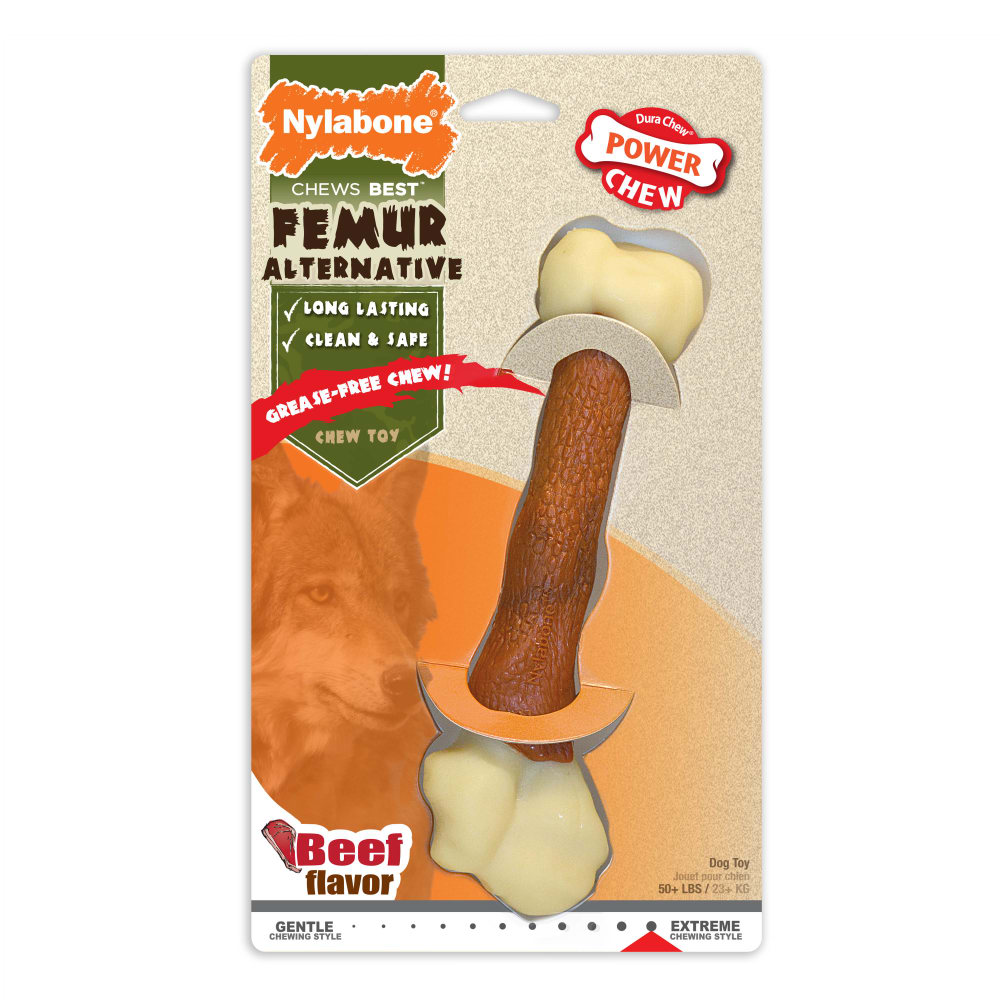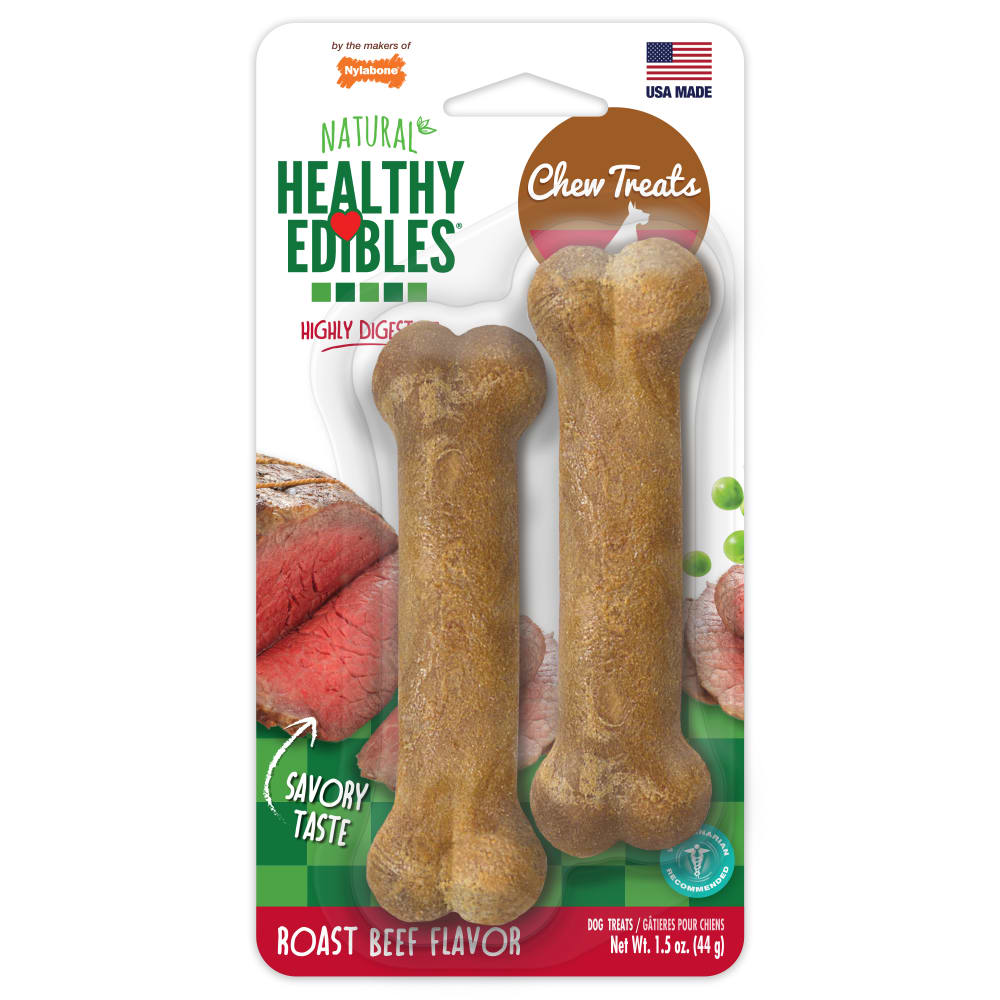Cooking for Your Dog
Every member of your household deserves the best possible diet, and that includes your dog. Providing your dog with a home-cooked meal is an option that many pet owners choose. As with all beloved family members, you want to ensure that your pet gets the highest-quality foods available.
Why Cook for Your Dog?
There are many reasons to consider cooking for your dog. Maybe you're concerned with the quality of commercial brand dog food after some of the health scares that have been reported, or maybe you just want an all-natural alternative. When you cook for your dog, you can control the quality of the ingredients and use local organic produce in your dog's meals if you value those qualities.
Quality Control
Although there are plenty of good dog food brands on the market, not many regulations govern dog food ingredients. Given the lack of controls in place, many pet owners are wary of commercial dog food because they don't necessarily know all the ingredients.
Cost Savings
If you're cooking homemade meals for your family to save money, why not include your pet's meals? Making your own dog food can be economical. The time that it takes to make your dog's food is worth the peace of mind, and the cost can be managed. It's often much cheaper than buying commercial dog food.
Health Reasons
Perhaps your dog has allergies or health issues that can be affected by his diet. Many dogs suffer from health issues that certain foods or supplements can help alleviate. Other dogs may be allergic to the main ingredients in commercial dog food. A homemade diet can ensure that you avoid the foods that aggravate your animal's health, and that the foods that make your dog feel better are enhanced.
Resources
Whatever the reason, cooking healthy meals for your dog is possible. First things first: Check with your veterinarian to make sure it's appropriate to feed your dog a homemade diet, especially if you're worried about his health issues. Your vet can recommend the ingredients that would most benefit your dog, as well as supplements that can help any conditions that your dog may have. There are tons of great websites that provide recipes for meals that are easy, manageable, and enjoyable for your dog's taste buds!
The Basics
Although dogs are carnivorous, they need more than just protein. Dogs require a balanced variety of meats, starches, vegetables, and carbohydrates to have a healthy diet and meet all their basic nutritional needs. A lack of important vitamins can lead to all kinds of health problems. Many vets recommend a combination of 40% protein, 50% vegetables, and 10% starch in each meal. Most importantly, use fresh ingredients. The foods you choose should not contain additives or preservatives.
Eat Your Greens
Fifty percent of your dog's diet should be made up of vegetables. Dog-safe vegetables include:
- Carrots
- Green beans
- Spinach
- Peas
- Celery
- Cucumbers
Pass the Protein
When choosing a protein base for your dog, you can go beyond beef and chicken to fill the requirements. Several muscle or organ proteins can work as acceptable additions. Note that vets recommend using liver in moderation because it can contain animal impurities. Any of these meats are good protein sources and can fit into any budget:
- Beef
- Turkey
- Chicken
- Lamb
- Fish (once or twice per week)
- Beans (in moderation)
- Eggs (in moderation)
Don't Cut the Carbs
These carbohydrates contain important vitamins and provide fiber for healthy digestion:
- Brown rice
- Cooked potatoes
- Plain pasta
- Oatmeal
- Yams
- Pumpkin
Warning
Dogs cannot eat almost anything, even though it seems like they do! Certain foods are dangerous and even deadly to dogs. Of course, never feed your dog anything you wouldn't eat yourself—spoiled or old food should absolutely be avoided. These particular foods should be excluded at all costs:
- Chocolate
- Onions
- Raisins
- Grapes
- Walnuts and macadamia nuts
- Coffee
- Spices such as cayenne, curry, and paprika
- Raw yeast dough
- Alcohol
- Milk and other dairy products
Cooking for your dog is a personal choice, and any pet owner is capable of doing it with their veterinarian's guidance. Knowing that your canine companion is getting the best nutrition possible can enhance your relationship and help him live a healthier, happier life.
FOLLOW US!






